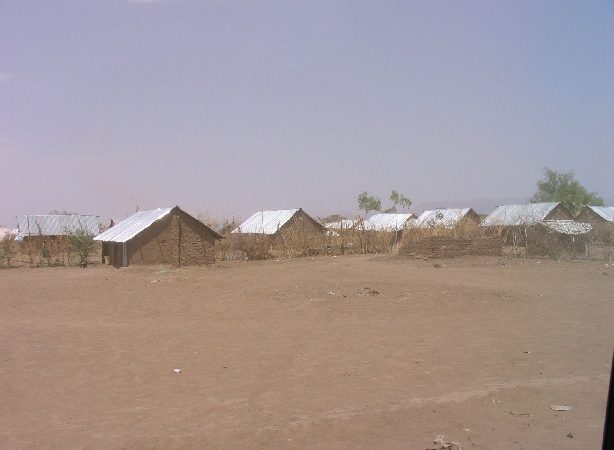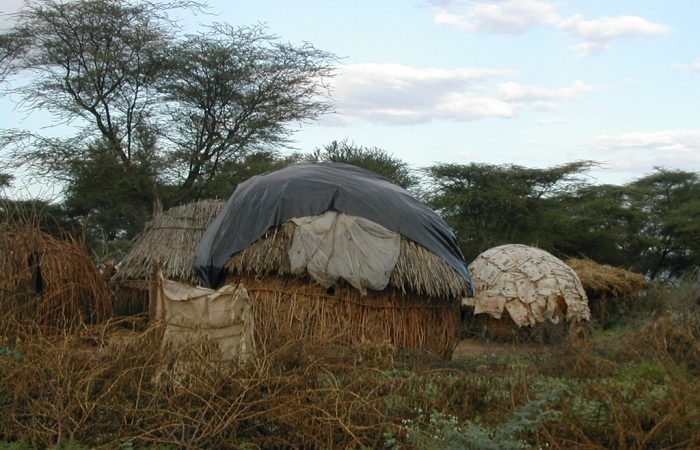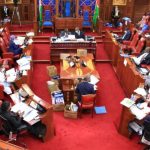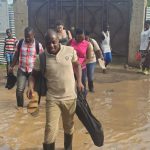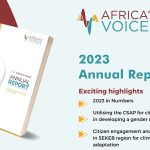Sarah attended our cohort conversations in Kalobeyei Settlement that aimed at challenging the norms that hinder young women from attaining financial independence and transitioning to technical trainings
On the outskirts of Kakuma town, the administrative center for Turkana West District of Turkana County, sits Kalobeyei Settlement, an expansive community area that hosts 37,500 refugees and a host community. The area is organized into distinct villages.
A stroll through one of the villages (dubbed village 2), we met Sarah Wangila who lives with her husband and daughter. Despite numerous difficulties they face; social, cultural, personal and institutional barriers and unbearable climatic conditions, Sarah recently diversified her revenue streams by starting a grocery store and corn roasting business after engaging in the LEAP project cohort conversations.
In this regard, Africa’s Voices, with funding from World University Services of Canada (under LEAP project) conducted 6 weeks cohort discussions to shed light on the young women’s unique stories and their parents’ awareness of and encounters with different barriers.
Previously, Sarah was selling african sausages, also known as mutura, and running a kiosk. She faced numerous challenges including lack of sufficient capital, insecurity, and insufficient training in critical business skills like time management and client relations. It is after participating in cohort conversations that she managed to diversify her business.
“Before, I didn’t have an idea on how to diversify my business. I wanted something that required a lot of money to start, and so I was waiting to get enough capital. However, I recently opened up a grocery store and corn roasting business in addition to what I was doing.”
Sarah stated
Sarah and other young women received training in the skill of financial saving and business diversification through the LEAP project. Like a few others, following the training, Sarah made savings from the Ksh 1000 transport allowance, and utilized it as seed money for a grocery store and corn roasting business.
“Customer service training was provided to us. I gained an understanding of the positive traits of a businessperson from the cohort discussions.”
She added
Sarah can now assist her husband, a motorbike operator plying between Kakuma town and the refugee camp, in fending for the family. She has also helped her mother open a grocery store in the remote Uasin Gishu county where she was raised.
Sarah added that, “I am currently assisting my two friends (from the host and Burundi communities) to build up a grocery and french fries business in the spirit of disseminating and sharing the skills learned”.
From the ability to make extra money from increased revenue streams to helping her mother open up a business and recently enrolling for an ICT course in a local college, Sarah now peers into her future with hope.
